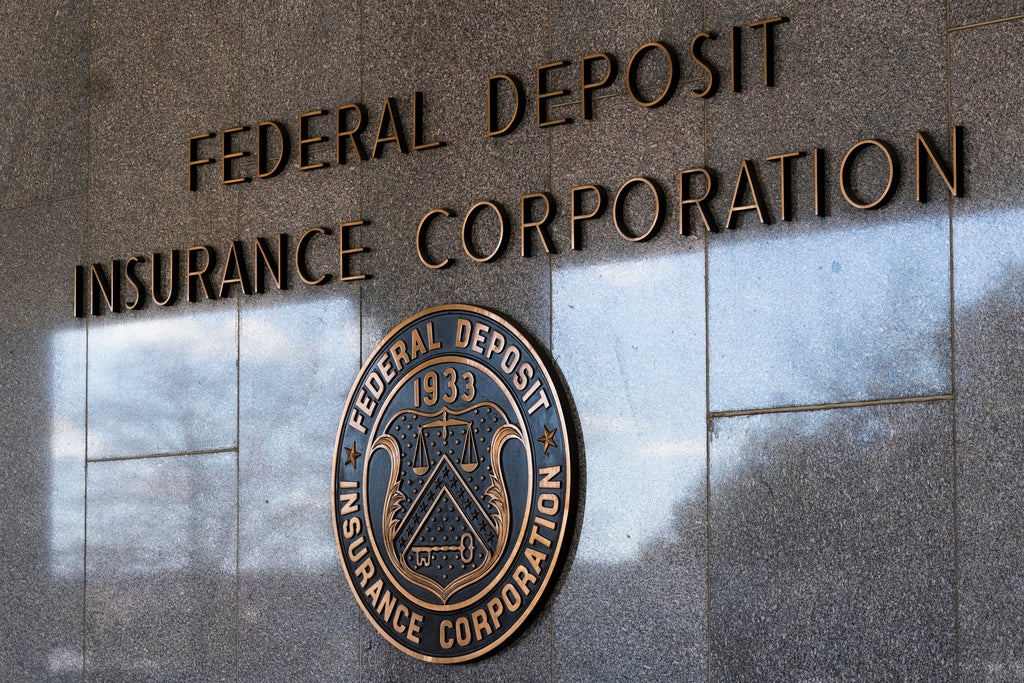Wisconsin is joining securities regulators across the U.S. and Canada to crack down on fraudulent Initial Coin Offerings (ICOs) and cryptocurrency-related investment schemes, while also warning the public of their risks. Since the beginning of May, North American regulators have launched almost 70 investigations into these types of investments.
Regulators are focusing on schemes that guarantee high returns on investments in cryptocurrencies like bitcoin. Fraudsters insist the investments are low-risk and often pressure people to invest immediately.
Robin Jacobs, with the state’s Division of Financial Institutions, said these types of schemes haven’t reached the state on a large scale, but are rampant across the rest of the U.S. and Canada.
Stay informed on the latest news
Sign up for WPR’s email newsletter.
“There are very few legitimate ways to make 10, 15, 20 percent off your investment,” she said. “And if they’re offering you guaranteed high returns, do not give them your money. You can call DFI and ask us to review it and see if it sounds legitimate.”
So far, DFI hasn’t seen many of these schemes but regulators want to get ahead of the problem.
“Regulators are on top of this and we’re going to go after them for misrepresenting these investments to the public and essentially stealing people’s investment money,” said Jacobs.
Even with the crackdown, regulators say participants are unlikely to get their money back if they buy into one of these fraudulent investments.
Investors should also keep in mind that in the cases of ICOs where people are offered to “get in on the ground floor,” the tokens they get in exchange will likely not be worth anything.
Joseph Borg leads the North American Securities Administrators Association, the group launching the crackdown of these fake investment products through “Operation Cryptosweep.” Borg said criminals have already cheated investors out of billions of dollars.
While some of these cryptocurrency-related investments may be legal and could lend themselves to being profitable, Borg says it’s up to investors to research the products.
“Mainstreet folks have to take the time to investigate before they invest and one way to do that is to contact your state regulator to see if in fact these folks are licensed and registered,” he said.
Wisconsin Public Radio, © Copyright 2024, Board of Regents of the University of Wisconsin System and Wisconsin Educational Communications Board.



